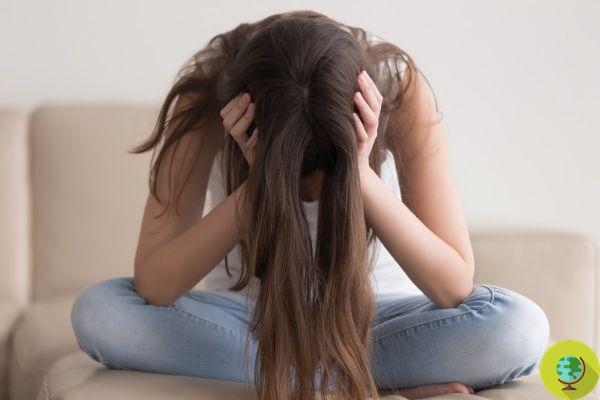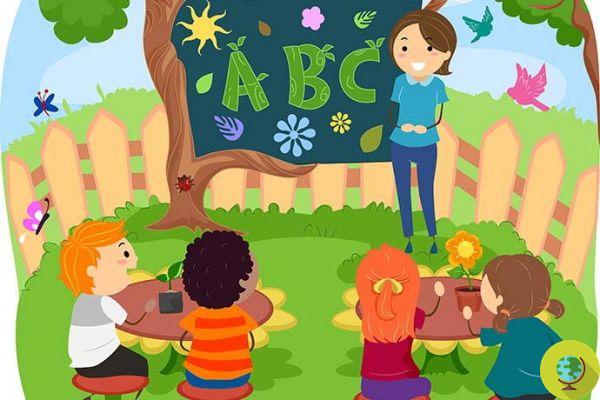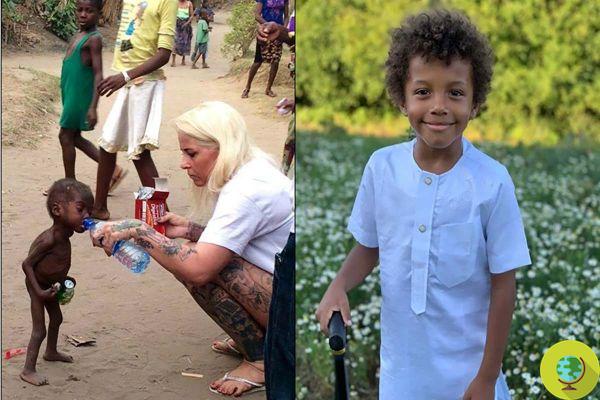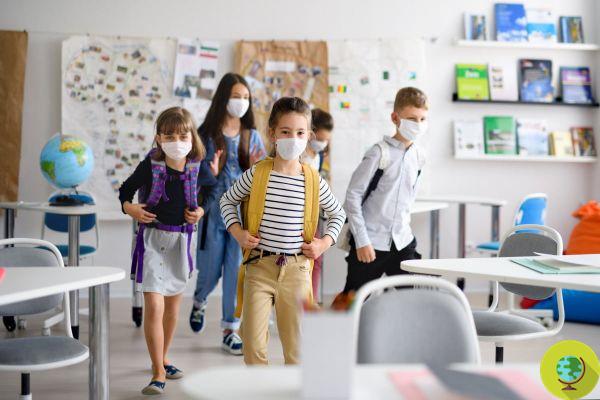
In the world, 1 in 7 adolescents suffer from mental disorders and the pandemic has only worsened the situation: the new Unicef report
Don't store avocado like this: it's dangerous
No, our kids are not doing well at all. One in seven teenagers suffer from a diagnosed mental disorder, while one in five young people between the ages of 5 and 15 admit that they feel depressed and have little interest in their activities. To give us this distressing photograph is the new report of theUNICEF "The Condition of Childhood in the World - In my mind: promoting, protecting and supporting the mental health of children and young people", presented today.
The situation was worsened by the outbreak of the Covid-19 pandemic, the social and psychological consequences of which had a deleterious impact especially on the younger groups.
Read also: Adolescents at the time of Covid-19, "victims" or "executioners" without the first kiss
With the pandemic, the diagnoses of mental disorder among the youngest are increasing
The survey was conducted by Unicef in collaboration with Gallup (a US agency that deals with opinion polls) in 21 countries around the world. And the research showed that 89 million boys and 77 million girls between 10 and 19 years old are living with a mental disorder. A condition that in some cases becomes unbearable, as evidenced by the high suicide rate among the youngest. In fact, nearly 46.000 teenagers take their own lives every year. One every 11 minutes. A figure that makes you shiver. And suicide is one of the five leading causes of death for adolescents.
According to Unicef, it would have been Covid which brought uncertainty, loneliness and pain to their lives.
“These powerful emotions have enveloped the lives of many millions of children, young people and families. Children and young people could suffer from the impact of COVID-19 on their mental health and well-being for many years to come "- warns Unicef - As we enter the third year of the pandemic, the disruption of routines, of education , recreation, as well as concerns about family income and health, are leaving many young people scared, angry and worried about their future.
Discomforts are growing, but not the investments by the institutions
Anxiety and depression account for 40% of diagnosed mental disorders and as a percentage the largest number of cases are recorded in the Middle East and North Africa, North America and Western Europe. Among the most common mental health problems are ADHD (Attention Deficit Hyperactivity Disorder), anxiety, autism, bipolar and conduct disorder, depression, eating disorders and schizophrenia.
Unfortunately, however, the institutions are doing little or nothing to help the children who live with these hardships. "Governments are investing too little to address these basic needs," UNICEF denounces. Globally, in fact, only 2% of government funds for health are allocated to mental health interventions. And above all in an extremely delicate period like the one we are experiencing, this is a truly negligible figure.
Follow us on Telegram | Instagram | Facebook | TikTok | Youtube
Source: UNICEF
Read also:
- Coronavirus could cause another 'epidemic' that we must avoid: depression
- "Pandemic fatigue", that sense of malaise due to the thousand uncertainties for Covid-19
- So social media is worsening girls' mental health. I study

























